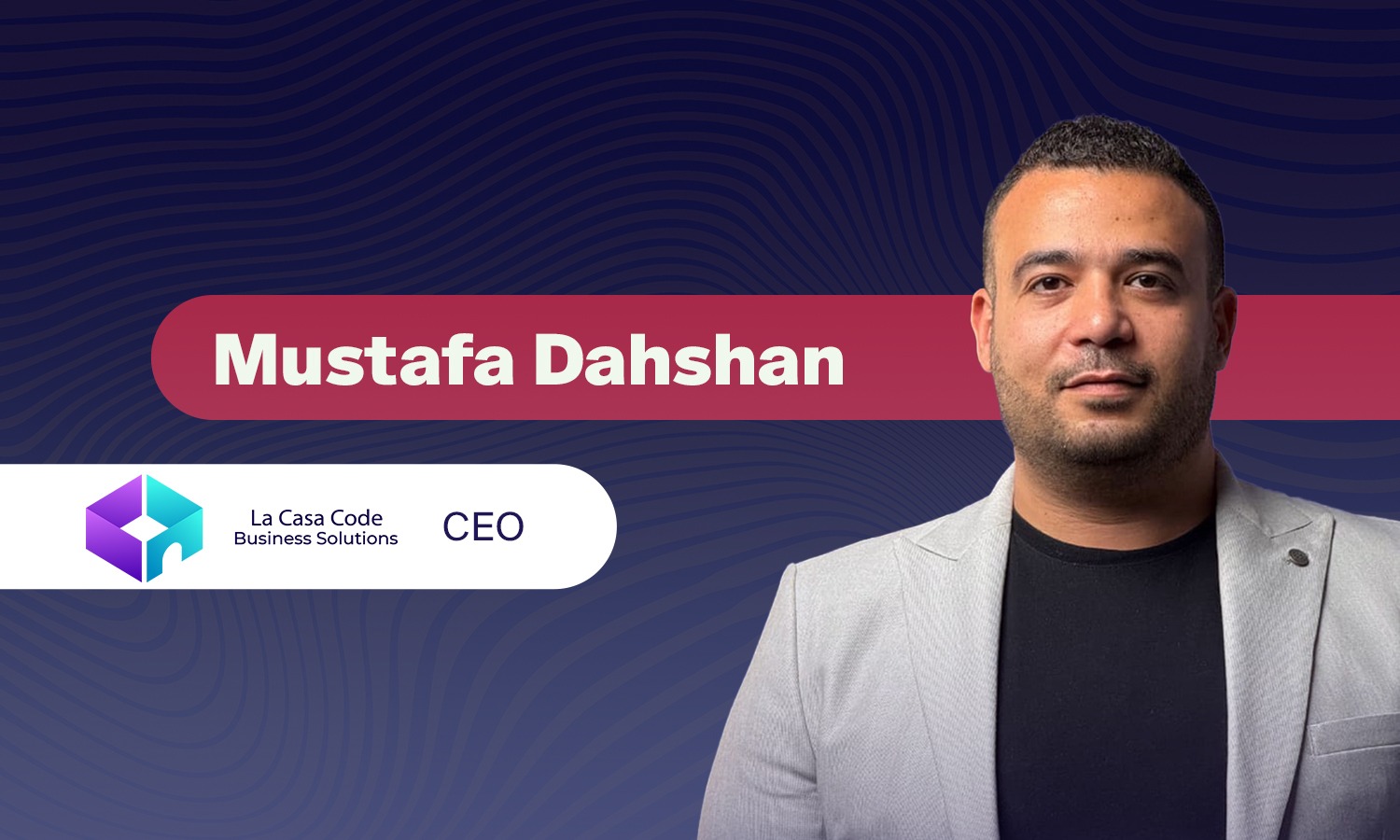Egypt’s PMI hits 50-month high in January as private sector expands
Updated 2/4/2025 7:38:00 AM
Arab Finance: Egypt’s non-oil private sector saw its first expansion in months, with the Purchasing Managers’ Index (PMI) rising to 50.7 in January from 48.1 in December, according to the latest S&P Global Egypt PMI survey data.
The increase reflected higher output and sales, marking the sector’s best performance since November 2020.
Surveyed firms attributed the improvement to better domestic market conditions and lower material costs, which helped slow output price inflation to its lowest level in four-and-a-half years.
However, businesses remained cautious, with hiring largely unchanged due to uncertainty about future demand.
Four of the five PMI sub-components showed improvement, with business activity and new orders increasing at the fastest pace in over four years.
Growth was recorded in manufacturing, construction, and wholesale, and retail, while services reported lower sales.
Firms increased output and purchases, leading to a slight rise in inventories.
Supply chains remained stable, with little change in delivery times.
Employment levels steadied after two months of job cuts. While some firms hired to meet higher demand, others reduced staff.
Input prices continued to rise, but at a slower rate than in December, with the construction sector reporting a decline in costs.
Output prices increased slightly, marking the slowest rise in more than four years.
Despite the improvement, firms remained cautious, with business expectations declining from December to a historically low level.
"Growth at the start of 2025 was welcome news for Egypt's non-oil private sector, which has struggled in recent times amid rampant inflation and the wider effects of regional instability," Senior Economist at S&P Global Market Intelligence David Owen stated.
"The ceasefire deal between Israel and Hamas likely added confidence to markets in January. That said, business expectations for the next 12 months remain subdued, showing that firms are still uncertain about economic stability over the longer term,” he added.
Related News










